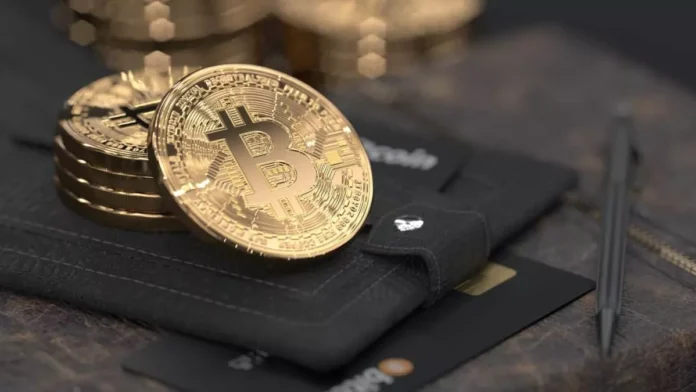
Nowadays, there are a lot of cryptocurrencies that are available on the market, allowing you to choose from different kinds and go for the one that suits you. The variety of currencies you own can influence the kind of wallets you keep, and you have some freedom in how you choose to organize these different currencies.
To increase security, people usually carry multiple wallets on hand.
To store all of your alternative currencies in one place, you can utilize one of the various multi-cryptocurrency wallets that are available or have many digital options to choose from. Keep on reading and figure out what is best for you.
How does the crypto wallet work?
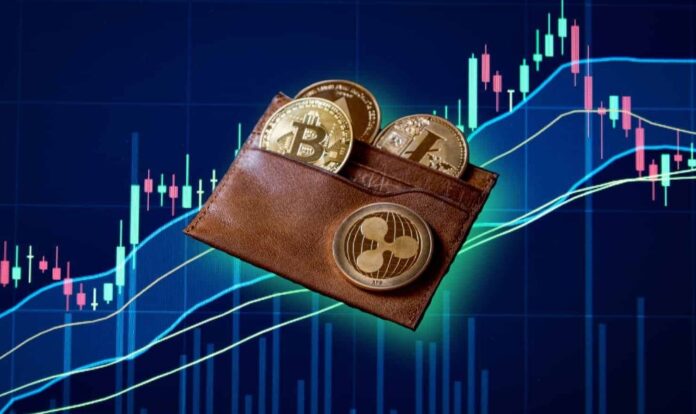
Bitcoin wallets have a simple structure and function.
When you create a bitcoin wallet, two keys are automatically produced.
The first is known as the public key, while the second is known as the private key.
If you want to accept cryptocurrency from someone else, all you need to do is provide them with your public key, which acts as your wallet’s address. Use of the public key poses no security risk, as it cannot be stolen or hacked.
There is a resemblance between the private key and a wallet’s key.
It protects whatever you put in it.
It must not be shared or discussed with anyone under any circumstances.
Anyone who obtains a copy of your private key can easily steal your crypto without your knowledge or permission.
How many wallets does one need?
Whenever you add money to an exchange wallet, like the ones offered by Binance, a new wallet address is created immediately for the newly added asset. The risk of leaving your assets in so-called “hot” wallets exists when you store them on an exchange.
These are kinds that are constantly online and might be hacked if a hacker had access to the network of the exchange.
Most marketplaces now make an effort to keep at least 90% of customer money in cold storage. In the end, it all comes down to your personal experience and current needs.
What to know about hot cryptocurrency wallets
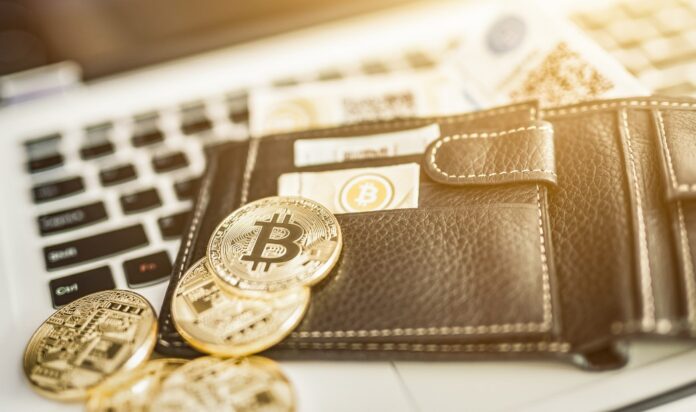
Those who wish to conduct financial transactions with their digital currencies should use a “hot wallet,” which requires access to the internet. On the other hand, hot kinds provide a nice and straightforward user experience.
There are three kinds of hot options:
1. Desktop kind
A desktop wallet is a name for wallet software that runs on your computer. The desktop wallet creates a data file in which users’ private keys are kept. It is very secure and common among most traders.
Additionally, users are allowed to select their own passwords to access the keys in their wallets.
With a desktop wallet, there is considerably less risk of theft or hacking, which makes them appealing.
2. Web
The web wallet is an alternative if you wish to manage your bitcoin online without installing any software. It is practical for those who are online 24/7.
Web wallets are accessible via web browsers.
You can access your cryptocurrencies from anywhere at any time with your password.
Please keep in mind that utilizing the web wallet requires you to give the website owners of your keys.
3. Mobile wallet
Just like with a traditional desktop wallet, you’ll need to download the mobile wallet on your smartphone. If you’re someone who is always on the go, this might suit you the most.
The greatest versatility of a mobile wallet is its capacity for in-app cryptocurrency trading.
As a result, your financial dealings and data storage will feel more comfortable.
What to know about hot cryptocurrency wallets
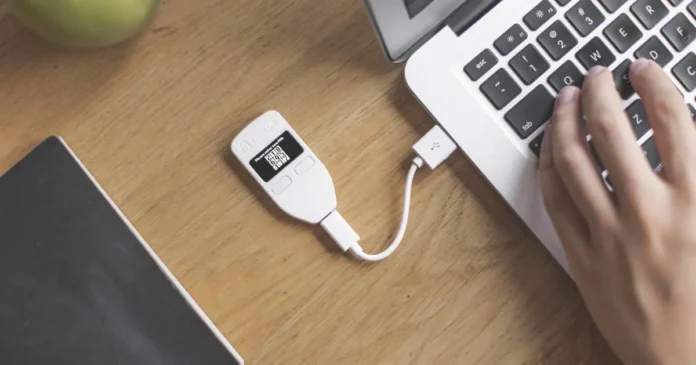
Cold wallets, on the other hand, can be utilized without the assistance of the cloud or a live internet connection.
These are therefore a much safer alternative to hot wallets, as well as perfect for experienced and serious traders.
To make cryptocurrency transactions, you must link the wallets to your machine rather than the internet.
Currently available cold wallets come in the following varieties:
1. Hardware kind
Hardware wallets are not digital like cryptocurrency but instead feature a physical component.
It may be used to store your key offline, without an active internet connection, and looks like a pen drive.
There is no risk of a hacking or malware attack because it is never connected to the internet, so you don’t have to worry about skilled hackers.
The hardware wallet features a USB port for easy connection to a computer.
2. Paper wallets
If you are confident in your capacity to retain and manage a piece of paper carefully without running the danger of loss or damage, paper wallets are an alternative.
However, a paper wallet is nothing more than a paper key, making it quite tricky to take care of.
It’s safe to say that if your paper wallet is ever stolen, lost, or damaged, you are permanently out of luck.
Enjoy a calm peace of mind
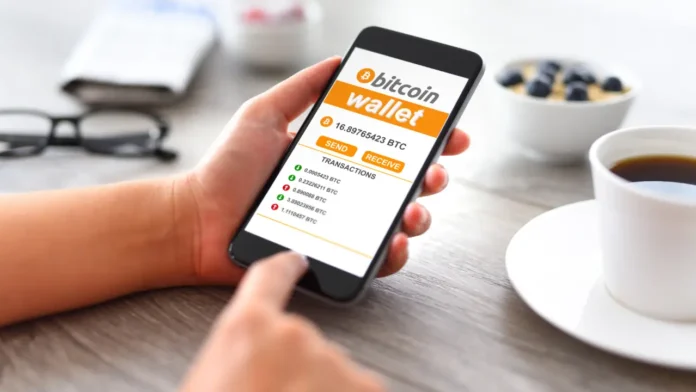
Your mental health will benefit greatly from consolidating your cryptocurrency holdings into a single, secure location.
You won’t be able to tell how much of each coin you own or whether they have been compromised if you have so many cryptocurrency wallets that you lose track of them. Also, did you know that 60% of those who utilize wealth management tools also report improvements in quality of life?! This final decision and choice are truly up to you.
Want to trade?
After reading this article you are probably eager to start trading, right? Well, what if we told you that you can buy, sell, exchange, store, and trade crypto with no limits and borders?! With the right source and site, everyone can earn money and get more informed on this topic.
In fact, you can enable up to 5 levels of account security for enhanced protection from unauthenticated access. The safety of your funds and fast yet secure trading can be achieved thanks to cryptex.net. Give them a go and see for yourself.











